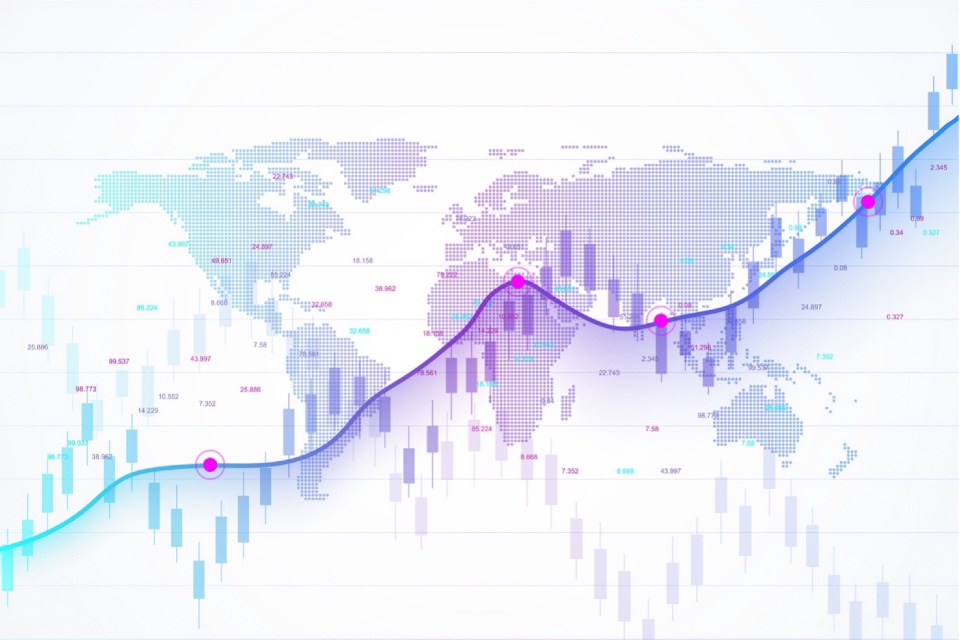When it comes to foreign exchange trading, it’s pretty essential to make sure that you’ve got a good grasp of the terms involved. However, it’s easier said than done: often, the terms seem confusing and even alien to those who don’t know what they’re looking for. It would take a whole dictionary to explain in full the words thrown around in the forex world, but this article will offer a brief introduction to some key words that you can learn to help kick-start your trading career.
Terms to know for forex trading
Pair
This is a common word in the wider English language, but in forex speak, it has quite a specific meaning. When foreign currencies are traded by speculators, they are always done so in pairs rather than alone. A trader who believes that the US dollar will rise in value, for example, will have to choose another foreign currency to compare it to. Say they pick the Japanese yen: this means that they’re trading what’s known as the USD/JPY pair. If the dollar rises against the yen, then in theory they’ll profit. If the dollar drops, then in theory they’ll lose.
Leverage
These days, large parts of the online foreign exchange trading world are powered by leverage. This concept refers to the practice of borrowing some money from the broker in order to expand the amount of capital available when placing a trade. On the face of it, this sounds like a great way to boost your deposit – and in some cases, it can pay off by delivering a higher profit than would otherwise have been secured. However, it also amplifies the size of the potential loss – meaning that it’s deemed quite risky.
Bulls and bears
These animalistic terms tend to be used to describe the underlying performance and sentiment of particular markets. ‘Bull’ markets, as they are known, are those that the trader or analyst believe are likely to shoot up in value. If the euro’s price chart is showing signs of building positive sentiment, then, it might be called bullish. ‘Bearish’ simply means the opposite – one in which prices are expected to drop. A forex trading website such as AskTraders can help you get to grips with other definitions in this field, and it also provides examples of the words in context.
The term ‘base rate’ regularly comes up among traders, especially in the context of central banking action. A central bank’s base rate is its normal lending rate, and is often interchangeable with the ‘interest rate.’ Changes in base rates can lead to foreign exchange values fluctuating dramatically, so it’s an important one for a trader to get their head around.
In short, the foreign exchange world certainly does have some confusing terms in it, but getting your head around this lexicon doesn’t have to be too tough: from ‘leverage’ to ‘pair’, there are plenty of definitions available for words in this field – and lots of resources to use to find out accurate and up-to-date definitions.















